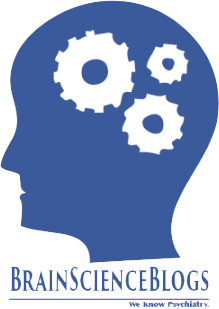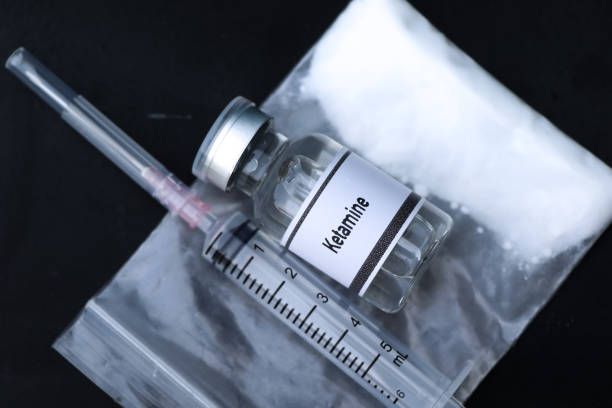The US Food and Drug Administration (FDA) has approved the amphetamine Dyanavel XR (Tris Pharma Inc), a once-daily extended-release oral liquid, for the treatment of attention-deficit/hyperactivity disorder (ADHD) in children aged 6 years and older, the company has announced.
According to the company, the approval is based on a phase 3 randomized, placebo-controlled, laboratory classroom efficacy study conducted in 108 children (aged 6 to 12 years) who met DSM-IV criteria for ADHD. The study, which included a 5-week, open-label dose optimization period followed by a 1-week, double-blind treatment period, demonstrated a positive outcome by meeting its primary end point of change from predose in the Swanson, Kotkin, Agler, M-Flynn, and Pelham (SKAMP)-Combined score at 4 hours post dosing.
The company also reports that the drug met key secondary end points by demonstrating an onset of clinical effect at 1 hour that persisted through 13 hours post dosing compared with placebo. The most common adverse reactions (≥2% in the Dyanavel XRgroup and greater than in the group receiving placebo) reported in the study were epistaxis, allergic rhinitis, and upper abdominal pain.
“Amphetamines are well-established as effective treatment for ADHD. Dyanavel XR offers physicians a new pediatric-friendly dosing option that couples fast onset with a long duration of effect suitable for school-aged children,” Sally Berry, MD, PhD, chief medical officer of Tris, said in a statement.
Abuse and Dependence
The company notes that CNS stimulants, including Dyanavel XR, other amphetamine-containing products, and methylphenidate (multiple brands), have a high potential for abuse and dependence.
The manufacturer also notes that sudden death, stroke, and myocardial infarction have been reported in adults undergoing CNS stimulant treatment at recommended doses. Sudden death has been reported in children and adolescents with structural cardiac abnormalities and other serious heart problems taking CNS stimulants at recommended doses for ADHD and warns against use of the drug in children with serious heart problems.




Leave A Comment